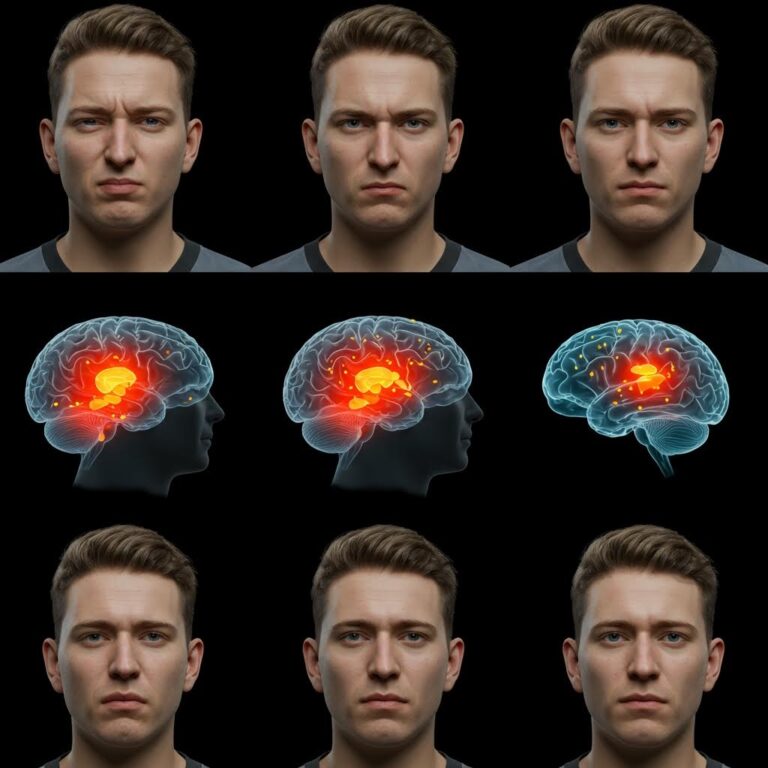The Hidden Cost of Shame on Gambling Issues
Shame serves as a significant barrier, preventing visibility into gambling problems. It creates a cycle of concealment and isolation, where individuals withdraw from essential support systems and hide their mounting financial problems from loved ones due to feelings of judgment regarding their gambling behaviors. 카지노알본사
How to End Hiding Gambling Issues
The choice to remain isolated strengthens the urge to gamble while hindering access to professional care. The fear of being perceived negatively leads many to suffer in silence. As a result, their relationships deteriorate and their gambling debts increase.
How Shame Changes Gambling Issues
Understanding the concept of shame-based isolation highlights the obstacles to recovery from gambling issues. Recognizing how judgment sustains harmful concealment allows caregivers and supporters to address the profound emotions that prevent individuals from seeking necessary help for their gambling problems.
- Increased gambling frequency
- Decline in mental health
- Financial instability
- Damaged familial relationships
- Delayed assistance from critical care options
Why Gamblers Keep Quiet
Why Gamblers Keep Quiet: The Hidden Fight
The Strong Mix of Hiding and Shame
Problem gambling thrives in silence, with many battling their addiction away from public view.
The combined shame and judgment act as significant barriers, preventing those affected from accessing crucial support. Fear of judgment from family and colleagues strengthens a formidable wall against seeking help, perpetuating a cycle of isolation and increased gambling.
How Judgment Hurts
Social shame surrounding gambling issues presents challenges distinct from other addictions.
While drug-related issues are increasingly viewed as health-related, gambling issues remain harshly criticized as mere poor choices rather than recognized mental health concerns. This harsh judgment exacerbates shame, further driving gamblers into isolation and using gambling as an escape from intensifying loneliness. Why Watching Others Win Can Be Just as Dangerous as Losing
Money Losses and Secret Truths
The burden of significant financial losses complicates the sharing of truths for those with gambling problems.
When gambling losses are exposed, they often reveal a network of hidden debts, borrowed funds, and depleted savings. The fear of confronting financial realities, coupled with profound shame, creates a significant barrier to seeking help and support, prolonging the destructive cycle.
Why It’s Hard to Talk: Key Walls
- Fear of societal judgment
- Career risks and impacts
- Financial disclosure and debt realities
- Profound shame and perceived moral failure
- Isolation and strained relationships
Cultural Views and Judging Others
Understanding Cultural Stigma in Gambling Issues
How Social Views Affect Problem Gambling
The cultural perspectives on gambling problems vary widely, with most harboring negative sentiments towards those struggling with problem gambling.
Unlike drug-related issues, which are increasingly regarded as medical conditions, problem gambling often faces severe moral condemnation, treated as a personal failing rather than a legitimate health issue.
Society’s Views and Their Costs
Problem gamblers are frequently labeled as weak, irresponsible, or immoral. These negative stigmas present significant barriers to recovery and accessing help.
The adverse views extend beyond the individual, impacting family members who often face criticism for not preventing the gambling behavior.
How Media Shows It and Barriers to Healing
Media portrayals often reinforce negative stereotypes about gambling addiction, depicting affected individuals as either desperate victims or deceitful figures causing harm to others.
- Social judgments deepen personal shame
- Seeking help becomes more challenging
- Support remains limited due to misconceptions
- Community understanding remains low
- Stigma surrounding mental health persists
Ending the Stigma Cycle
To combat these issues, it’s crucial for communities to recognize gambling disorder as a genuine medical condition requiring professional intervention and support.
Implementing public education initiatives and advocating for evidence-based treatment approaches can help reduce societal barriers, encouraging individuals to seek help without fear of judgment.

